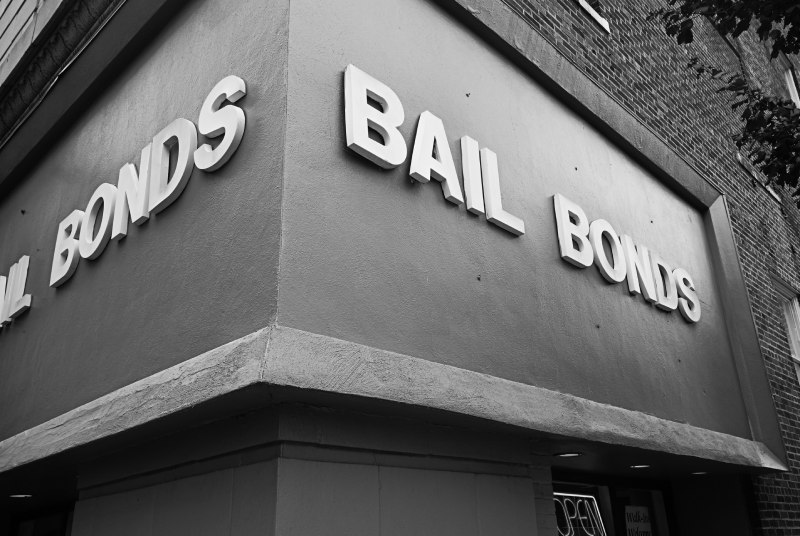
A bail enforcement agent, sometimes known as a “bounty hunter,” is a person who is hired by a bail bond agency to apprehend a defendant who has failed to appear in court after posting bail. The primary role of a bail enforcement agent is to locate, arrest, and return the defendant to custody in order to ensure that the bail bondsman does not lose the money they put up to secure the defendant’s release.
Bail enforcement agents are often licensed and authorized by state or local authorities to carry out their duties, and they may work independently or as part of a team. They use a variety of investigative techniques and tools to locate and track down fugitives, including surveillance, interviewing witnesses, and searching public records.
Once they have located a fugitive, bail enforcement agents must take them into custody using reasonable force if necessary, and transport them to the appropriate law enforcement authorities or detention facility. They may also be responsible for filing reports and providing documentation to the bail bondsman and the court.
It is important to note that bail enforcement agents must adhere to strict legal and ethical standards, and they must operate within the bounds of the law. In some jurisdictions, the use of certain tactics or tools may be prohibited, and failure to comply with these regulations can result in criminal charges or civil liability.
What Are Bail Enforcement Agents Legally Allowed to Do in California?
Under California law, bail enforcement agents are legally allowed to:
- Arrest defendants who have skipped bail: Bail enforcement agents in California are authorized to apprehend defendants who have failed to appear in court after posting bail. They have the legal right to enter private property, use reasonable force to detain the defendant and transport the defendant to the appropriate authorities.
- Carry firearms: Bail enforcement agents in California are allowed to carry firearms, but they must obtain a permit to do so. They must also complete firearms training and pass a background check.
- Use reasonable force: Bail enforcement agents in California are allowed to use reasonable force to apprehend a defendant, but they must avoid using excessive force. They can use physical force to defend themselves or others, but they cannot use force that is likely to result in death or serious bodily harm.
- Enter private property: Bail enforcement agents in California are allowed to enter private property to apprehend a defendant, but they must have a valid warrant or court order, or the consent of the property owner.
It is important to note that while bail enforcement agents in California have certain legal rights, they are also subject to certain restrictions and limitations. For example, they must be properly licensed with a bail enforcement agent license, and they must comply with all state and federal laws related to the use of force and firearms.
There are education requirements and training programs for how to become a bail enforcement agent. If a bounty hunter violates these laws or engages in unethical or illegal behavior, they may be subject to civil or criminal penalties.
Are Bail Enforcement Agents Cops?
No, bail bond agents are not law enforcement officers or police officers. They do not work for or represent the government, and they do not have the authority to enforce the law beyond their specific duties related to bail enforcement. They do carry a bail enforcement agent badge, but it is not a local law enforcement badge.

Bail enforcement agents are hired by bail bond companies to track down and apprehend individuals who have failed to appear in court after posting bail. Their primary responsibility is to return these individuals to custody so that the bail bondsmen do not lose their investment.
While bail enforcement agents are authorized to carry firearms and make arrests, they do not have the same authority as police officers. They do not have the power to investigate crimes, enforce traffic laws, or carry out other law enforcement duties. They are also subject to different rules and regulations than police officers, and their training and licensing requirements may be different.
It is important to note that bail enforcement agents must operate within the bounds of the law and adhere to strict ethical and legal standards. Any misconduct or violations of the law can result in civil or criminal penalties.